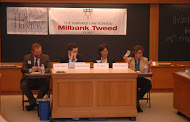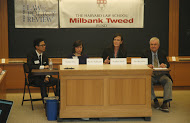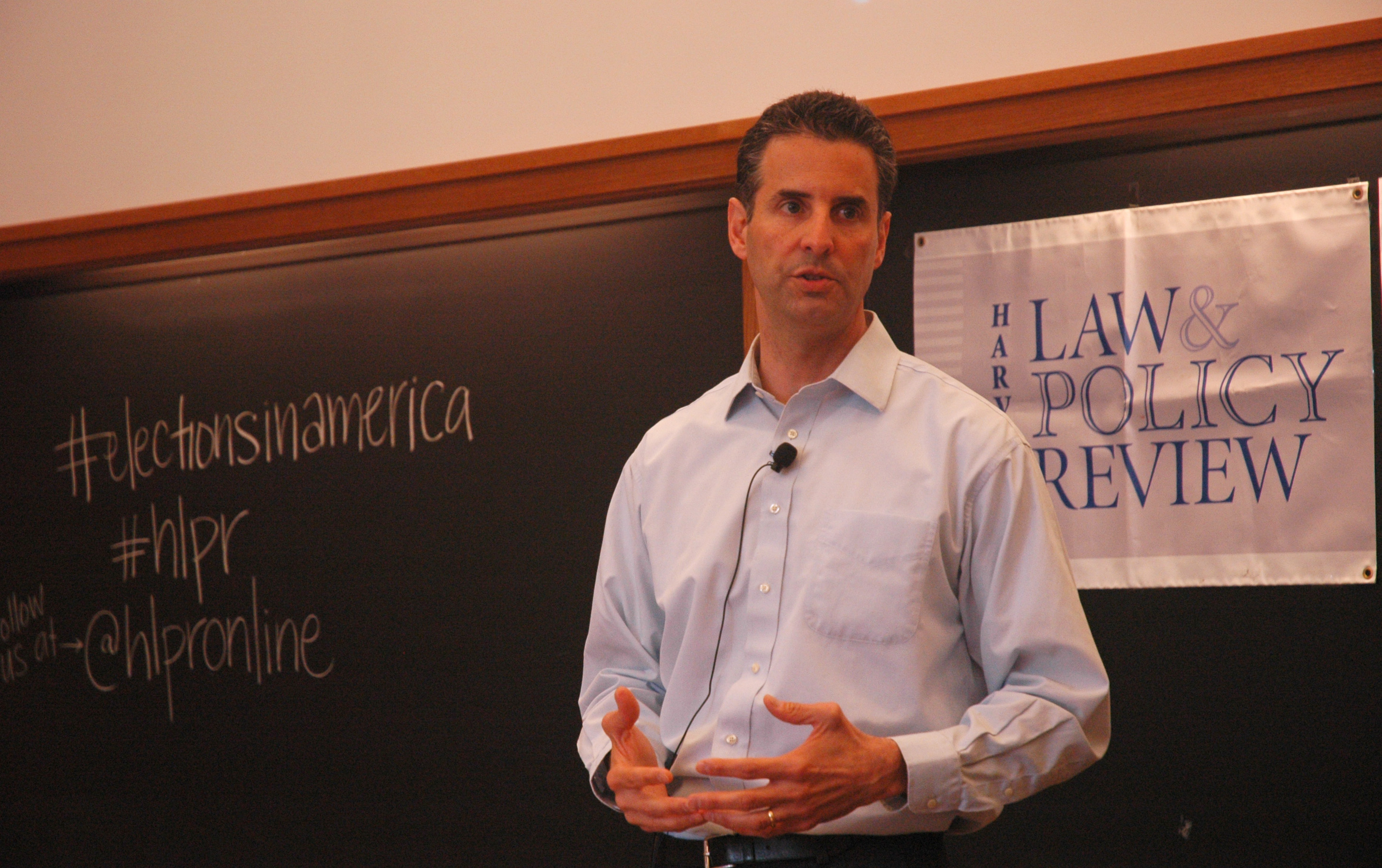Micah Altman, MIT Libraries; Brookings Institution
Michael P. McDonald, George Mason University; Brookings Institution
Discussion of redistricting reform often generates more heat than light. Much of the commentary dismisses the possibility of thoughtful, responsible electoral mapping altogether. Critics who dismiss responsible electoral mapping generally takes one of two lines of argument: Either they urge the nation to “let a computer do it” based on traditional criteria such as geographic compactness (see here for a review of many such attempts), or, more rarely, they deny that redistricting makes much of a difference – dismissing the disproportionately partisan outcomes yielded by many redistricting maps as inescapable side effects of the vagaries of elections or of the unevenness in the geographic distribution of partisan supporters. (see here and here for an example of each argument).
We, on the other hand, believe that thoughtful, responsible electoral mapping is possible. In fact, we’ve seen it: During the last U.S. redistricting cycle we saw, for the first time, thousands of engaged members of the public create hundreds of complex, fully legal redistricting plans by using open source software that we and others have developed (see here for a description of the system).
Furthermore, not only did members of the public create thoughtful plans, their plans differed systematically from those created by the legislature. When we examine public plans created in Virginia (here), in Florida (here), and in a preliminary analysis of public plans in Ohio, we find that, on the whole, these plans were less partisan and more competitive, without substantially reducing other traditional criteria, such as compactness or county integrity.
[Read more…] about Create Real Redistricting Reform through Internet-Scale Independent Commissions










